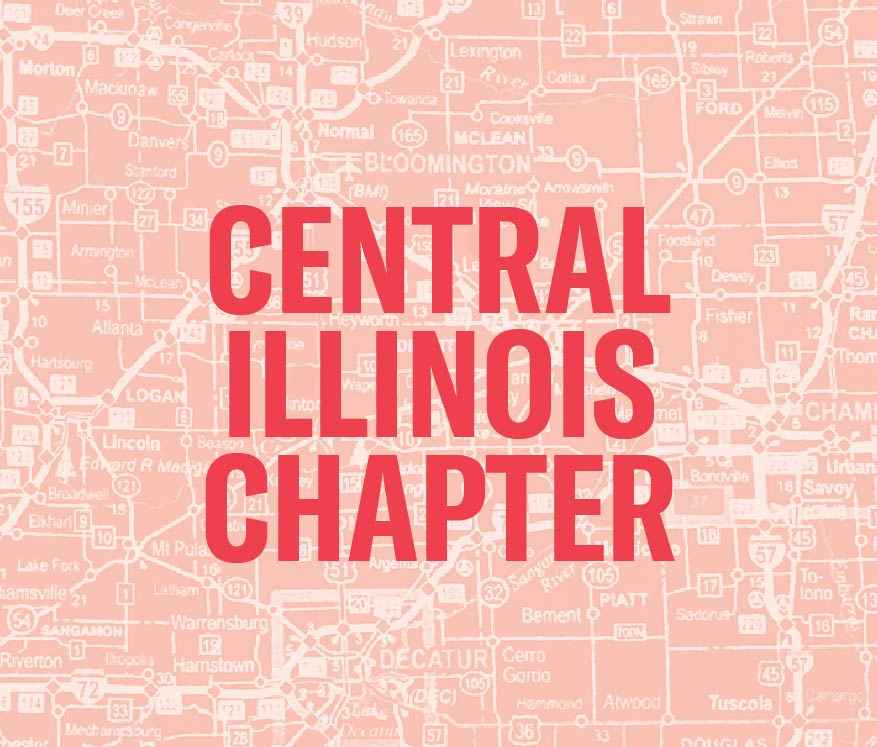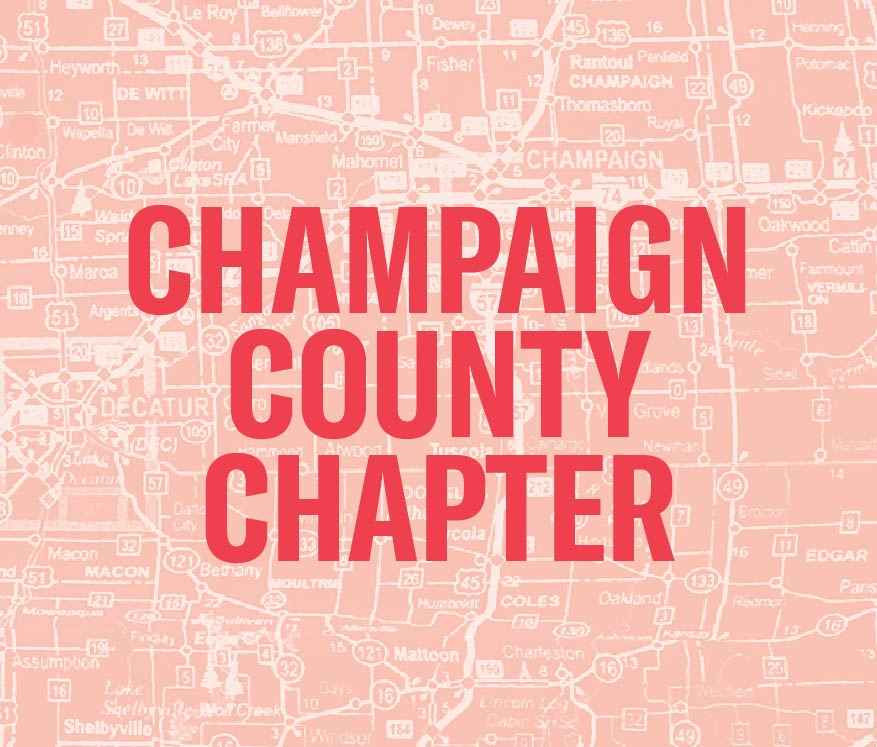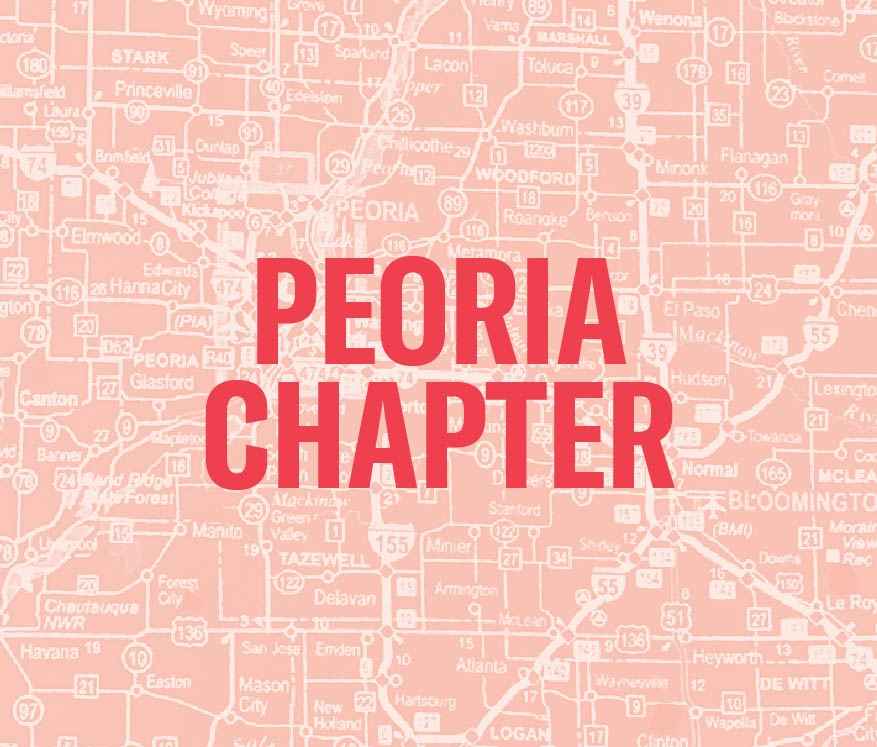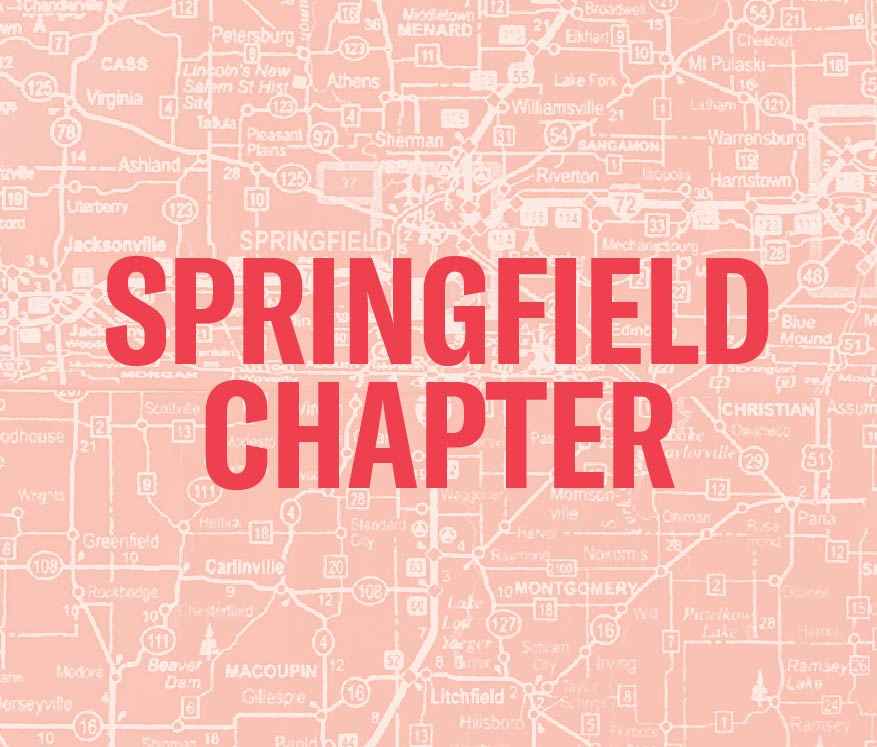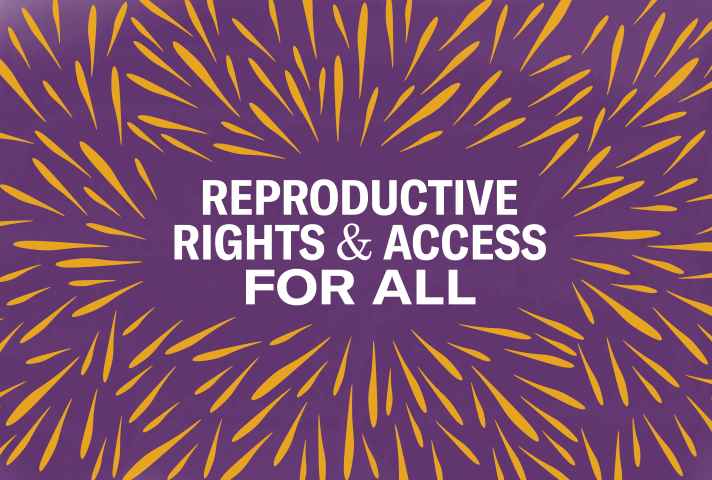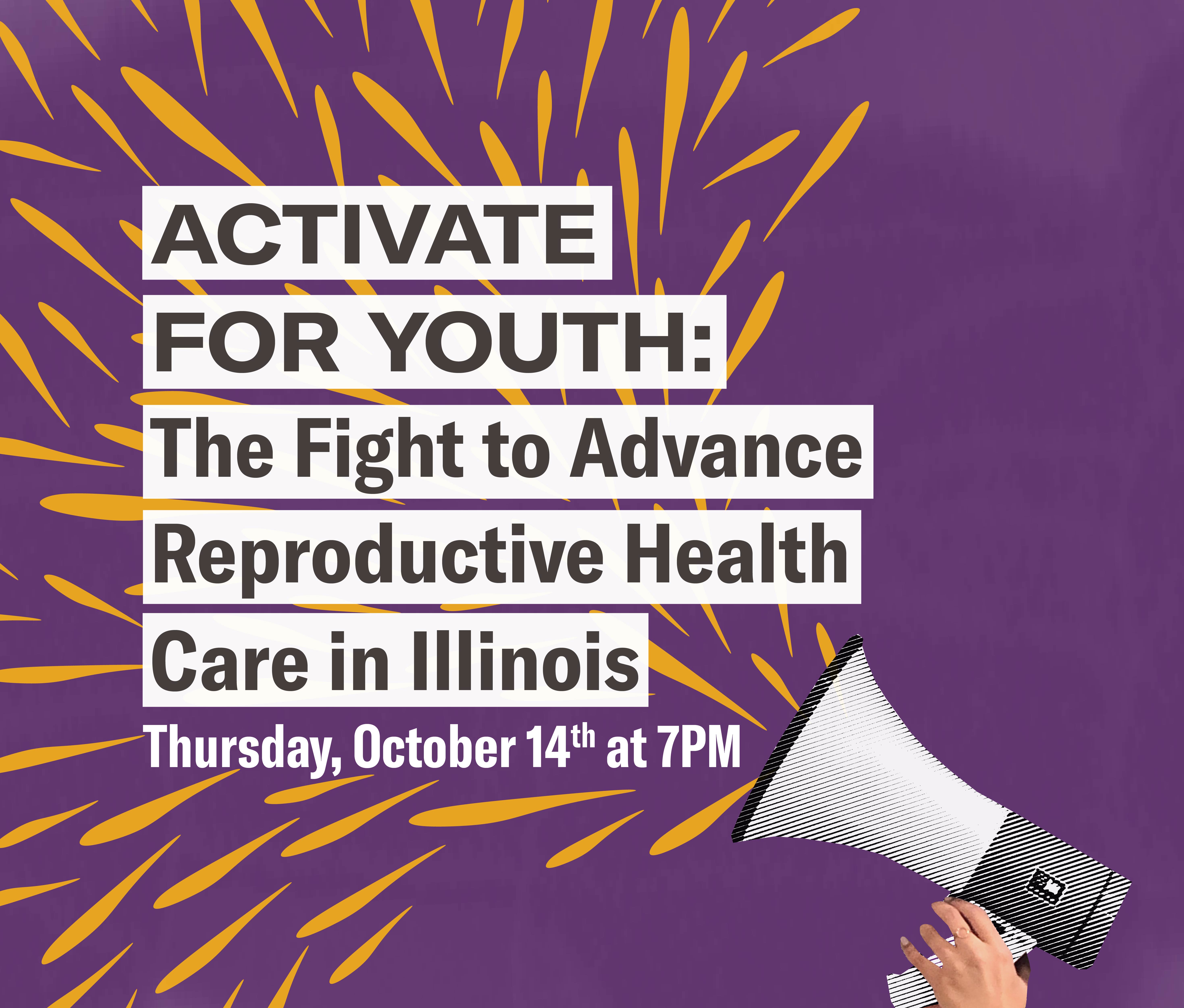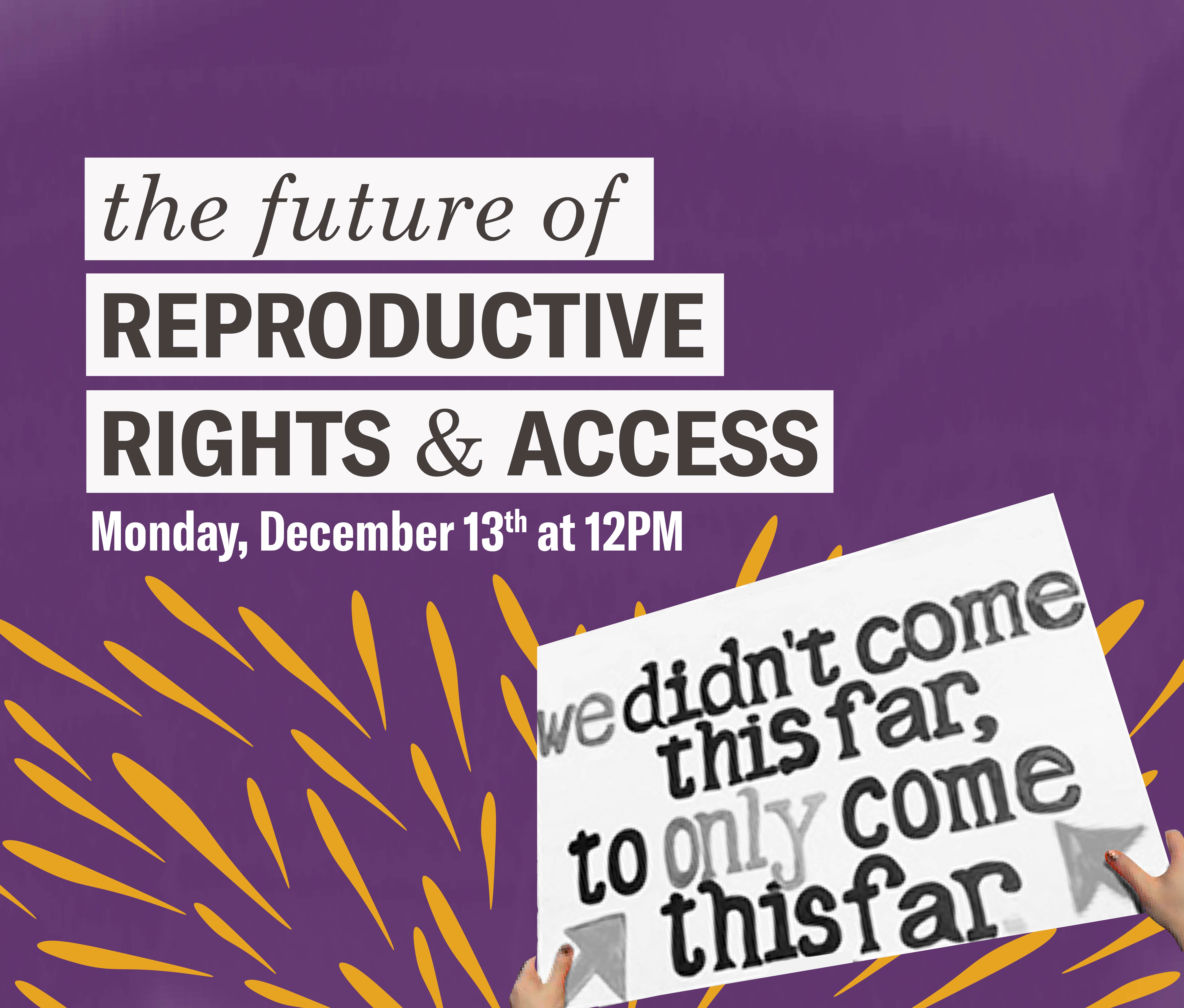Access to reproductive health care, especially abortion care, is under attack across the nation and in the courts – including the Supreme Court. Illinois has enacted strong protections against these attacks, but there is still work to ensure that everyone in Illinois can access these rights. Please join the ACLU of Illinois this fall for our virtual engagement series, Reproductive Rights and Access for All. Together, we will explore topics such as repealing the harmful Parental Notice of Abortion Act (PNA), implementing the Reproductive Health Act, challenging the imposition of religiously-based limitations on health care, and securing rights for pregnant and post-partum people in the workplace, prisons and jails, and public sector.
Each of us has an important role to play in this fight. We encourage you to join us for our virtual engagement series, learn more about reproductive rights and access in Illinois and nationwide, and take action to ensure equitable access to reproductive health care for all.
Past Events:
ACTIVATE FOR YOUTH: THE FIGHT TO ADVANCE REPRODUCTIVE HEALTH CARE IN ILLINOIS
October 14, 2021 | 7:00 - 8:00 PM CDT
Please join the ACLU of Illinois on Thursday, October 14 at 7:00 PM CDT for a special virtual event to take action in support of repealing the Parental Notice of Abortion Act (PNA). Hear directly from the ACLU of Illinois’ Khadine Bennett and Emily Werth about the importance of repealing PNA and the state of abortion rights in Illinois. And, there will be opportunities to take action and help make your voice heard on this important issue.
THE FUTURE OF REPRODUCTIVE RIGHTS AND ACCESS
December 13, 2021 | 12:00 - 1:00PM CST
Please join the ACLU of Illinois on Monday, December 13 at 12:00PM Noon CST for a virtual discussion on the future of reproductive rights and access in Illinois and nationwide. Hear from the ACLU of Illinois’ Colleen Connell, Khadine Bennett, and Ameri Klafeta, Illinois State Senator Elgie R. Sims, Jr., and the Chicago Abortion Fund's Alicia Hurtado the on the ongoing work to protect and advance reproductive rights and access for all.
WATCH A RECORDING OF THE EVENT
Actions:
Thank your Illinois state senator and state representative for supporting HB 370 to repeal the Parental Notice of Abortion Act (PNA).
Sign up for ACLU of Illinois Action Alerts and People Power to stay up to date on ways to take action:
An informed activist base is a strong and integral foundation for our work. Follow us on social media, and share important updates with your networks:
Facebook | Instagram | Twitter
Find additional resources on repealing PNA and the full list of supporting organizations here. And, we encourage you to learn more about and support reproductive rights direct service organizations, abortion funds, and advocacy happening on the ground in Illinois and across the country.
Resources:
Read:
Watch:
Listen:
